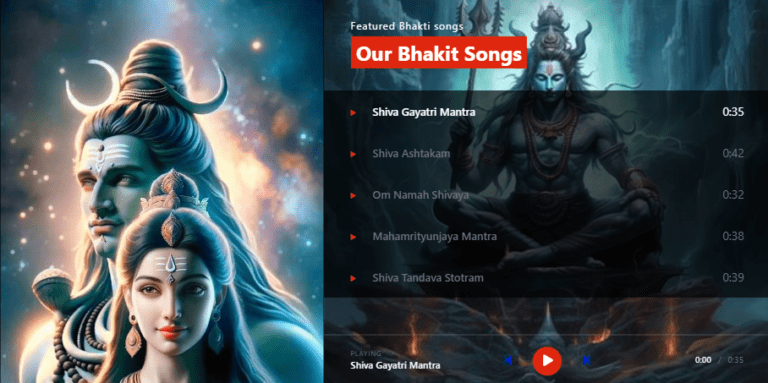Breaking Down the Success of K-Pop: Global Phenomenon
One significant factor contributing to K-Pop’s global success is the industry’s emphasis on producing high-quality music and visually appealing performances. K-Pop agencies invest heavily in training their artists for years before debut, ensuring that they are not only talented in singing and dancing but also possess star quality that captivates audiences worldwide.
Furthermore, the strategic marketing and promotion tactics employed by K-Pop agencies have played a crucial role in the genre’s global outreach. Utilizing social media platforms, fan engagement events, and collaborations with international brands, K-Pop acts are able to continuously expand their fanbase beyond South Korea’s borders and into the hearts of music enthusiasts around the globe.
• K-Pop agencies invest in training artists for years before debut
• Artists are talented in singing, dancing, and possess star quality
• Strategic marketing and promotion tactics utilized by K-Pop agencies
• Utilization of social media platforms for global outreach
• Fan engagement events help expand fanbase beyond South Korea’s borders
The Influence of Social Media on K-Pop’s Reach
Social media has played a significant role in shaping the global success of K-Pop in recent years. Platforms like Twitter, Instagram, and TikTok have provided K-Pop artists with a direct channel to connect with their fans worldwide, allowing them to share their music, behind-the-scenes glimpses, and personal lives in real-time. This level of access and interaction has not only fostered a strong sense of community among fans but has also allowed K-Pop to transcend language and cultural barriers, reaching a diverse audience that may not have been possible before.
Moreover, social media has enabled K-Pop to gain immense visibility and traction on a global scale. The viral nature of platforms like YouTube and Twitter has made it easier for K-Pop music videos, dance covers, and fan content to go viral, attracting new fans and increasing the genre’s popularity internationally. The power of social media influencers and dedicated fan accounts has further amplified K-Pop’s reach, creating a virtual cycle of exposure and engagement that continues to propel the genre’s expansion into new markets.
K-Pop’s Unique Blend of Music Genres
K-Pop has gained worldwide popularity for its unique blend of music genres. Artists often incorporate elements of pop, hip-hop, R&B, EDM, and even traditional Korean music into their songs. This fusion of diverse genres creates a distinct sound that attracts a wide audience with varying musical preferences.
The seamless mix of different music styles in K-Pop allows for creativity and experimentation, leading to the production of innovative and captivating tunes. This genre blending not only sets K-Pop apart from other music genres but also contributes to its global appeal by offering a fresh and dynamic listening experience to fans around the world.
What makes K-Pop stand out from other music genres?
K-Pop stands out due to its unique blend of different music genres such as pop, hip-hop, R&B, electronic dance music, and more, creating a catchy and diverse sound.
How has social media impacted the global success of K-Pop?
Social media platforms like Twitter, Instagram, and YouTube have played a significant role in increasing the reach of K-Pop, allowing fans from all around the world to connect and share their love for the music.
Why is K-Pop so popular internationally?
K-Pop’s catchy melodies, intricate choreography, and visually appealing music videos have captured the attention of global audiences, leading to its increasing popularity on a global scale.
How has K-Pop evolved over the years?
K-Pop has evolved from its traditional roots to incorporate a wide range of musical styles and influences, appealing to a diverse audience and continuously reinventing itself to stay relevant in the music industry.







